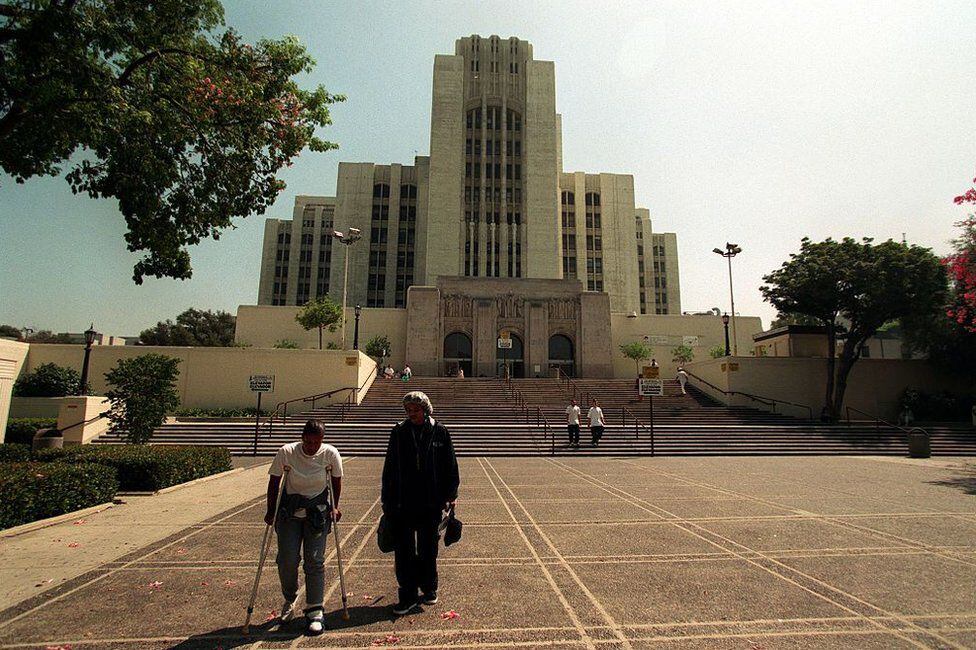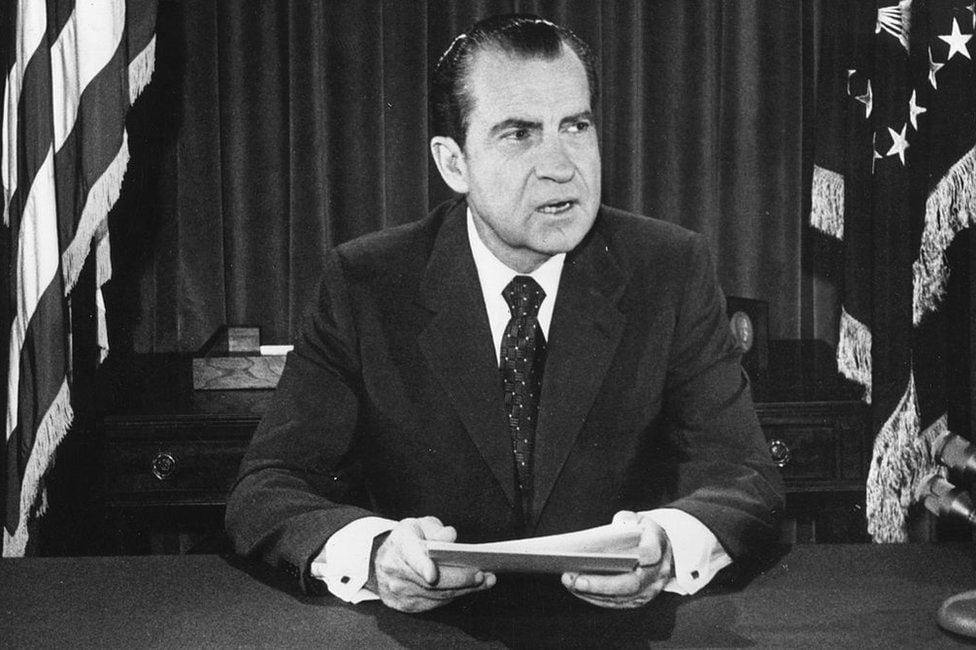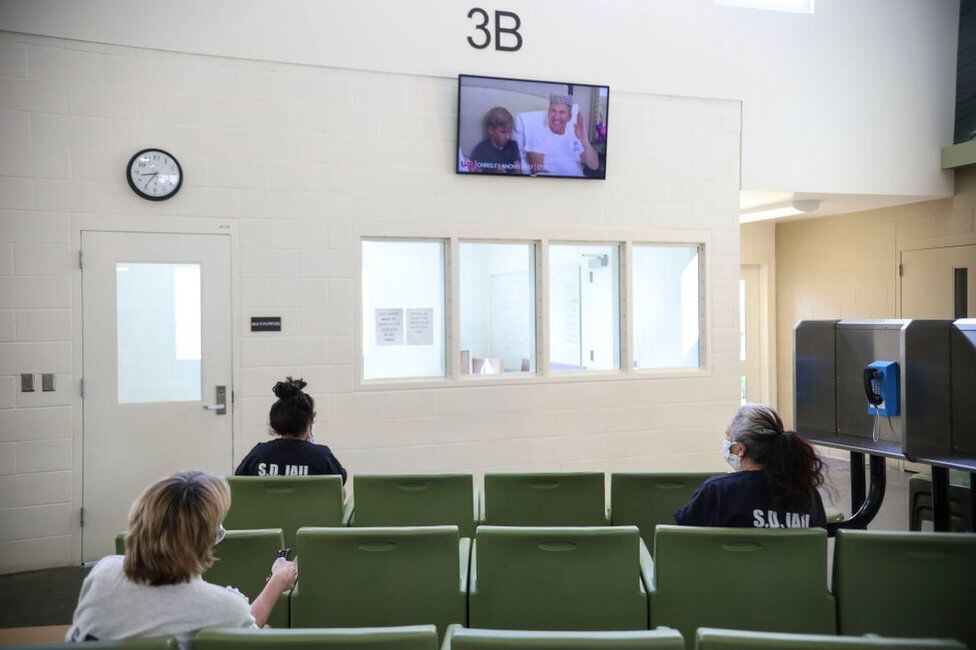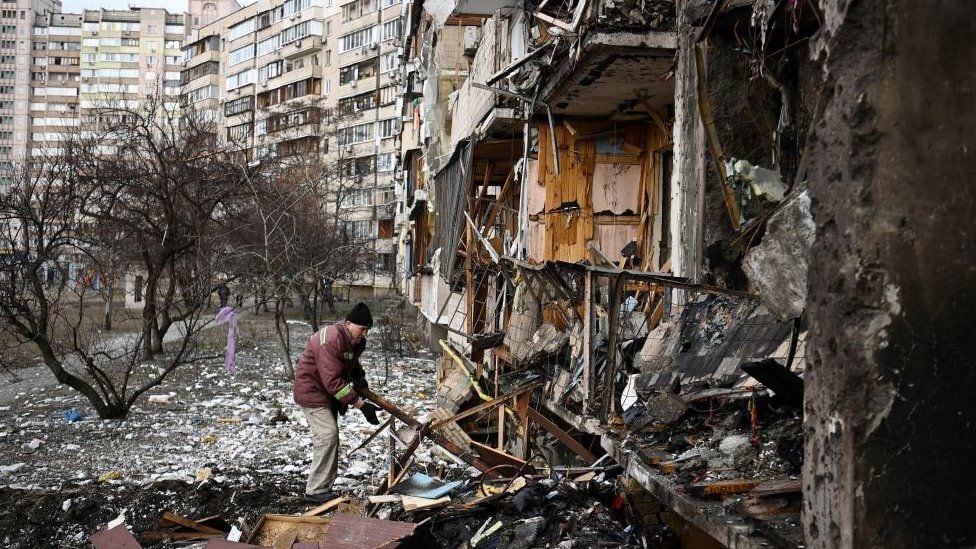:quality(75)/cloudfront-us-east-1.images.arcpublishing.com/elcomercio/GE3TEMJNGAZC2MRYKQYDAORRG4.jpg)
It is said that he is a necessary, almost essential accomplice.
Within the complex world that supports Vladimir Putin In his invasion of Ukraine, Belarusian President Alexander Lukashenko has become a vital figure.
- The drama of Peruvians trying to flee the war in Ukraine
- Possible war crime: videos show that Russia would have used cluster bombs against civilians in Ukraine
- Zelensky signs the application for the “immediate” entry of Ukraine into the European Union
And it is that the 67-year-old leader — known by his detractors as the “last great dictator of Europe” — has accepted the deployment of thousands of Russian troops on his territory, from where they can march towards Ukraine, since they share more than 800 kilometers of border.
He has also been accused of allowing missiles to be launched from southern Belarus onto Ukrainian soil.
- Ukraine calls for a ceasefire while its representatives negotiate with Russia near the border with Belarus
And now, thanks to a proposal that he presented and that was approved this Sunday in a controversial referendum, his country will be able to receive nuclear weapons on its territory for the first time since it was formed as a state, in 1990.
This may have serious implications, experts say, turning Belarus into a potential staging area for a Russian attack.
“If you (the West) transfer nuclear weapons to Poland or Lithuania, near our borders, then I will turn to Putin to return the nuclear weapons I gave up without any conditions.”Lukashenko said, defending his country’s new position.
In addition, in the negotiation between Russian and Ukrainian delegates that took place on Monday in a town near the border between Belarus and Ukraine, Lukashenko played a key role in preparing the venue for the talks.
This controversial leader has ruled Belarus since 1994 and, with Sunday’s referendum, also cemented his time in office until 2035 through a constitutional change.
His “authoritarian” style — something he has never denied — has led him to rule by controlling the mainstream media, marginalizing critical voices, and persecuting and jailing his political opponents.
At BBC Mundo we review the consolidation in power of what many call a “pawn” of Putin and a necessary collaborator in the aggression against Ukraine.
Origins and private life
Lukashenko comes from a humble family. He was raised by a single mother in a poor village in eastern Belarus.
He is married to Galina Lukashenko, with whom he has two adult sons – Viktor and Dmitry.

In 2015, he assured in an interview that he had no intention of divorcing Galina, despite the fact that they have not lived together for decades.
He has a third son, Nikolai, who was born in 2004 from his relationship with his former personal doctor, Irina Abelskaya.
political consolidation
Lukashenko, who remains nostalgic for the disappeared Soviet bloc, he was a director of a state farm in the former Union of Soviet Socialist Republics (USSR).
When a failed coup attempt against Mikhail Gorbachev took place in 1991, Lukashenko was one of those who supported the strongest currents of communism.

His first presidential victory came in 1994, after leading an anti-corruption campaign in the Belarusian Parliament.
Ten years later, in 2004, he organized a referendum to abolish the limit of two presidential terms, ensuring the possibility of being re-elected to rule Belarus indefinitely.
In the 2010 elections, won again by Lukashenko, seven of the nine presidential candidates were arrested.
Five years later, in 2015, he assumed his fifth term with 83% of the votes, amid complaints and numerous complaints.
History repeated itself in August 2020, when he won with more than 80% of the votes, amid allegations of fraud.
Those elections gave rise to the largest protests against him to date, which led to the massive arrest of opponents and thousands of protesters.

The marches, which lasted for weeks, were harshly repressed and there were reports of torture and human rights violations.
In May 2021, the West – which imposed harsh sanctions on the Lukashenko government – condemned the detention of dissident journalist Roman Protasevich, after the plane he was flying from Greece to Lithuania was diverted to Belarus, where he was arrested.
War wounds
For more than two decades, Lukashenko has tried to convince the 9.5 million inhabitants of Belarus that he is the best guarantee of stability and nationalist protection.
This message continues to resonate with many older Belarusians.

The country had been devastated by the Nazi advance in World War II and lost almost a third of its population.
Hence the anti-foreign and proud speech of the national security forces has worked so well with many voters.
In 2005, the administration of then-US President George W. Bush called Belarus “the last remaining dictatorship in the heart of Europe.”
Lukashenko does not shy away from such criticism.
- Will Putin push the nuclear button?
In fact, on one occasion he warned that anyone who participated in an opposition protest would be treated as a “terrorist.”
“We will twist their necks in the same way as a duck,” he added.
Belarus is the only country in Europe where the death penalty is still in force.
Without fear of covid-19
The coronavirus crisis fueled political tension in Belarus because of the way Lukashenko handled it.
His opponents consider that his reckless attitude is a symptom that he is oblivious to reality.
Lukashenko has repeatedly defended not having imposed quarantines in his country.

“Look at how the West is, with unemployment out of control. People organize casseroles because they want to eat. Thank God we didn’t close the country and we avoided this,” he said.
In March, when many European countries imposed lockdowns to combat the coronavirus, Lukashenko said he was “convinced that they would suffer more from panic than from the virus.”
In addition, he stated that the epidemic was fought with “hard work, sauna and vodka”.
In fact, when the whole of Europe canceled sporting events, the Belarusian soccer league was still being played.
tensions with Russia
Russia and Belarus have been allies for years. Both have carried out coordinated military action and Belarus’s weak economy depends on trade with its powerful neighbor.

However, in recent years, relations had cooled since Moscow ended oil and gas subsidies.
In the midst of his last election campaign, in 2020, Lukashenko’s security chiefs accused anonymous Russian forces of aiding his opponents and fomenting social unrest.
The Belarusian authorities even arrested 33 Russians near Minsk, the capital. Those captured claimed to belong to Wagner, a mysterious Russian mercenary group active in Ukraine, Africa and the Middle East.
Russia denied Belarus’ allegations that the detainees were organizing acts of terrorism, insisting they were just passing through and their destination was Istanbul, Turkey.
“Better to be a dictator than homosexual”
Lukashenko does not hide from those who call him a dictator and authoritarian.
In an interview in 2003, he acknowledged that authoritarianism was his style of government and that he needed to “control the country.”
“My position and the state will never allow me to become a dictator… but governing in an authoritarian style is a characteristic of mine and I have always admitted it,” he said.

Years later, in 2012, the European Union threatened sanctions for alleged human rights violations.
One of the most critical voices was that of the then German Foreign Minister, Guido Westerwelle, who was openly homosexual.
Lukashenko, in what was seen as an allusion to Westerwelle, claimed that it was “better to be a dictator than a homosexual”.
The president has also said controversial things like that Belarusians “are not ready to vote for a woman” and that the “Constitution is not made for women.”
His comments have sparked protests, forcing him to explain that he does not mean to be misogynistic or disrespectful.
______________________________
- Ukraine compares bombing of Kiev to that of Nazi Germany in 1941
- Ukraine reports the death of 2,800 Russian soldiers on the second day of the invasion
- Why did Russia invade Ukraine and what are Putin’s arguments for war?
- A shocking audio reveals how Russian soldiers threaten and then kill 13 Ukrainian soldiers on an island
- These are the countries that support Russia and those that are with Ukraine
- NATO activates its defense troops for the first time in history to deter Russia
Source: Elcomercio






